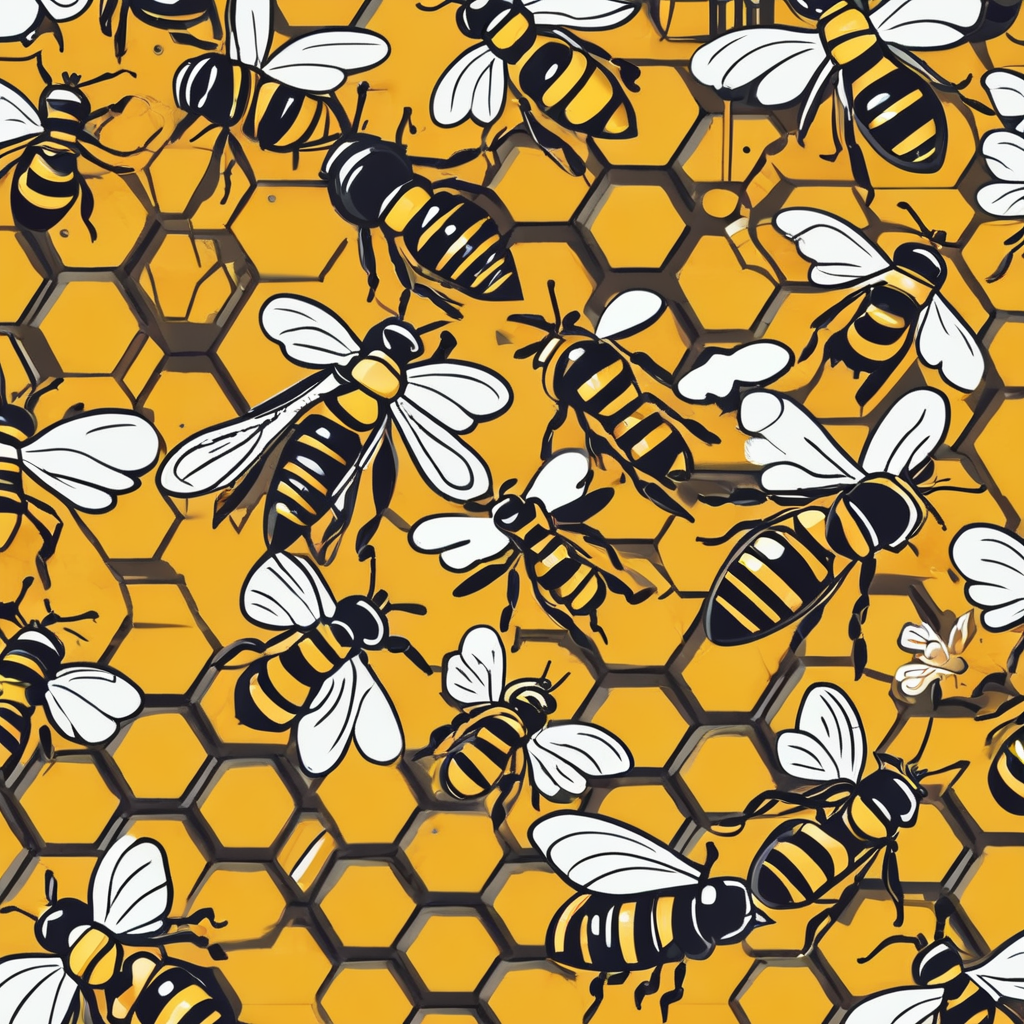Dominance of Dogs in UK Household Pet Ownership
Dogs remain the most popular pets in the UK, consistently leading in pet demographics UK studies. Recent dog ownership statistics UK indicate that nearly one third of UK households have a dog, surpassing cats and other common pets. This dominance reflects long-standing cultural preferences and the appeal of dogs as companions.
Over the past decade, trends show a steady increase in dog ownership, even as some other pet categories have plateaued or declined. Factors contributing to this include a growing appreciation for the mental and physical benefits dogs provide, and the rise of dog-friendly urban lifestyles.
Also read : What Are the Unique Behavioral Traits of Dogs Native to the UK?
Pet demographics UK reveal some regional variation: rural areas tend to have higher dog ownership rates, while urban centers show a slightly more diverse pet mix. Additionally, younger families often prefer dogs, whereas older demographics might lean towards smaller pets. Despite these nuances, dogs still top the list across almost all UK regions.
Understanding the UK’s pet preferences offers insight into lifestyle patterns and consumer priorities, with dogs clearly capturing the hearts and homes of a significant portion of the population.
Have you seen this : What are the best UK beaches for a dog-friendly day out?
Reasons Behind Dogs’ Enduring Popularity
Dogs remain cherished companions in the UK, largely due to the deep emotional bonds they form with their owners. This loyalty creates a unique connection, offering comfort and reducing loneliness, which many find invaluable. Moreover, dogs foster a sense of responsibility and routine, helping owners maintain daily exercise and social interaction—key factors enhancing wellbeing.
The lifestyle compatibility of dogs suits diverse households, from active individuals to families. Dogs motivate regular walks and outdoor activities, perfectly aligning with routines that encourage physical health. For families, dogs provide stability and teach empathy to children, making them ideal lifestyle partners.
Practical benefits further bolster dog popularity. Beyond companionship, dogs assist with security, alerting their owners of unusual events. Assistance dogs support people with disabilities, enhancing independence. The multifaceted support dogs provide—from emotional to practical—ensures their continued role in many UK homes. Exploring these benefits emphasizes why dog companionship remains a treasured part of British life.
Cultural and Historical Significance of Dogs in the UK
Dogs have played a pivotal role in British dog culture for centuries, deeply woven into the fabric of the UK’s history. Since medieval times, dogs were not only essential as hunting companions but also symbols of loyalty and protection within British households. The history of dogs in the UK reflects a close relationship between humans and canines that spans various social classes and settings.
The influence of media and literature has further shaped the admiration for dogs in British society. Iconic figures such as the loyal Sherlock Holmes’ companion or the celebrated English Bulldog in wartime propaganda have elevated the status of dogs in public perception. Additionally, famous British dog breeds like the Border Collie and the Cavalier King Charles Spaniel have become cultural ambassadors, recognized worldwide for their distinct traits and ties to the UK.
Today, dogs remain a beloved part of everyday life, notable for their companionship and the social cohesion they foster. This long-standing appreciation illustrates how dogs continue to hold a cherished place in dogs in British society, where they are valued for both their historical roles and emotional bonds.
Comparing Dogs to Other Popular UK Pets
When examining comparison dogs vs cats UK, one finds distinctive traits that influence pet preferences UK-wide. Dogs typically require more active engagement and space, aligning with households seeking companionship and outdoor activities. Cats, by contrast, thrive in smaller spaces and offer independence, suiting busy owners or those in flats.
Alternative pets in British homes, such as rabbits or guinea pigs, provide quieter companionship but lack the interactive qualities dogs offer. Dogs’ loyalty, trainability, and protection instincts meet many British families’ needs, especially those valuing security and regular exercise routines.
Experts highlight that choosing a dog involves commitment to time and lifestyle adjustment, unlike other pets. Owners report higher emotional rewards from dogs, despite increased care demands. In contrast, cats or small mammals appeal for low-maintenance companionship.
In summary, the pet preferences UK reflect individual lifestyles: dogs suit active, engaged families, while cats and small mammals fit quieter, less demanding homes. Understanding these differences assists in making informed decisions about pet ownership in the UK context.
Anecdotes, Expert Views, and Public Opinions
Dogs hold a special place in many UK families, with countless dog owner experiences in the UK highlighting the bonds between pets and their owners. Many recount how dogs bring joy, improve mental health, and even encourage more active lifestyles. For example, walking a dog daily often becomes a cherished routine that fosters community connections and personal wellbeing.
Veterinarians and pet experts frequently emphasize the significant emotional and physical benefits dogs offer. Expert opinions on dogs underline their role in reducing stress and providing companionship, especially for older adults or those living alone. Animal charities in the UK also stress the importance of responsible dog ownership and highlight the enriching experience dogs provide families.
Public attitudes to dogs are overwhelmingly positive across the UK. Surveys reveal that a large majority consider dogs as valued family members and appreciate their loyalty and affection. Many UK residents express that dogs contribute not only to individual happiness but also to social cohesion and intercultural interactions in neighborhoods. This combination of personal stories, expert insights, and public sentiment underscores dogs’ vital role in British society.
